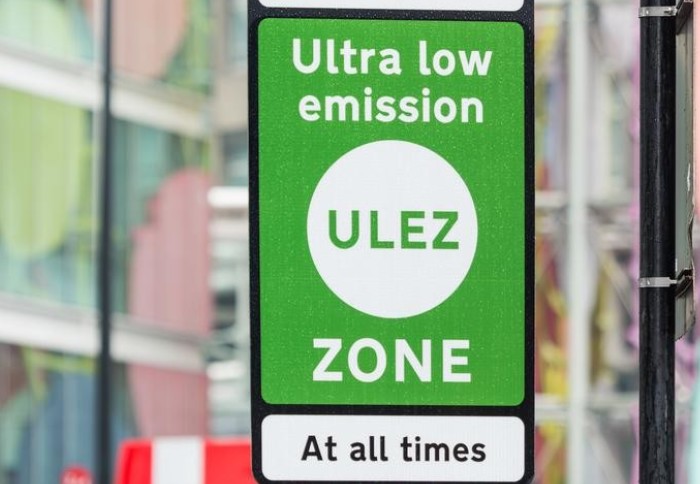Tackling London’s air pollution will increase life expectancy of children

Life expectancy for children in London will improve by six months as a result of air quality policies, Imperial researchers predict.
A new report by researchers from the School of Public Health’s Environmental Research Group predicts that London specific air quality policies, alongside wider improvements in air quality, will increase the average life expectancy of a child born in London in 2013 by six months, compared with 2013 concentrations remaining unchanged.
The research, commissioned through Imperial Projects by the Greater London Authority and Transport for London (TFL), used known and projected levels of air pollution from 2013 up to 2050 to assess the impact on health of air quality policies. These include policies introduced by the Mayor of London, such as Low Emission Zones for Heavier Vehicles and the Ultra Low Emission Zones, due to be expanded in 2021; potential future London policies, and background trends resulting from the predicted effects of national and international policies in London
Using the above ‘Mayor’s air quality policies scenario’ the team found that London’s population would gain around 6.1 million “life years” - one person living for one year – across the population in the long-term, compared to if pollution levels remained at 2013 concentrations.
Researchers found that if London is able to meet 2005 World Health Organisation (WHO) guidelines on particulate matter by 2030 the population would gain a further 20% increase in life years saved over the next 20 years
Geographical disparity in the current air pollution burden
In 2019 around 4000 deaths in the capital could be attributed to air pollution, the report found. The highest number of deaths were recorded in outer London boroughs. This is due to the higher proportion of elderly people living in these areas who are more vulnerable to the impacts of air pollution, the report concluded.
Life expectancy gains were found to be larger in Inner London, including in some of the capital’s most deprived boroughs, owing to greater concentration reductions in these areas.
Dr Heather Walton from the Environmental Research Group, Imperial College London, said: “For our study we used a new method to produce the latest estimate of the burden of air pollution on mortality in London in 2019. It is encouraging that we predict good gains in life years across the population over time from air pollution reductions as a result of air quality policies, including those targeted at London."
World leading expertise
Imperial is home to the world’s leading centre for the study of air pollution. The Environmental Research Group, led by Professor Frank Kelly, is a collective of 68 researchers working on air quality.
All major air pollution strategies in London use emissions and air pollution models developed by the group. They helped shaped London’s congestion charge and Ultra Low Emissions Zone (ULEZ).
The Group moved to Imperial from King’s College London in April 2020.
Visit the Environmental Research Group research site for the full report
Article text (excluding photos or graphics) © Imperial College London.
Photos and graphics subject to third party copyright used with permission or © Imperial College London.
Reporter
Jack Stewart
School of Public Health
Deborah Evanson
Communications Division